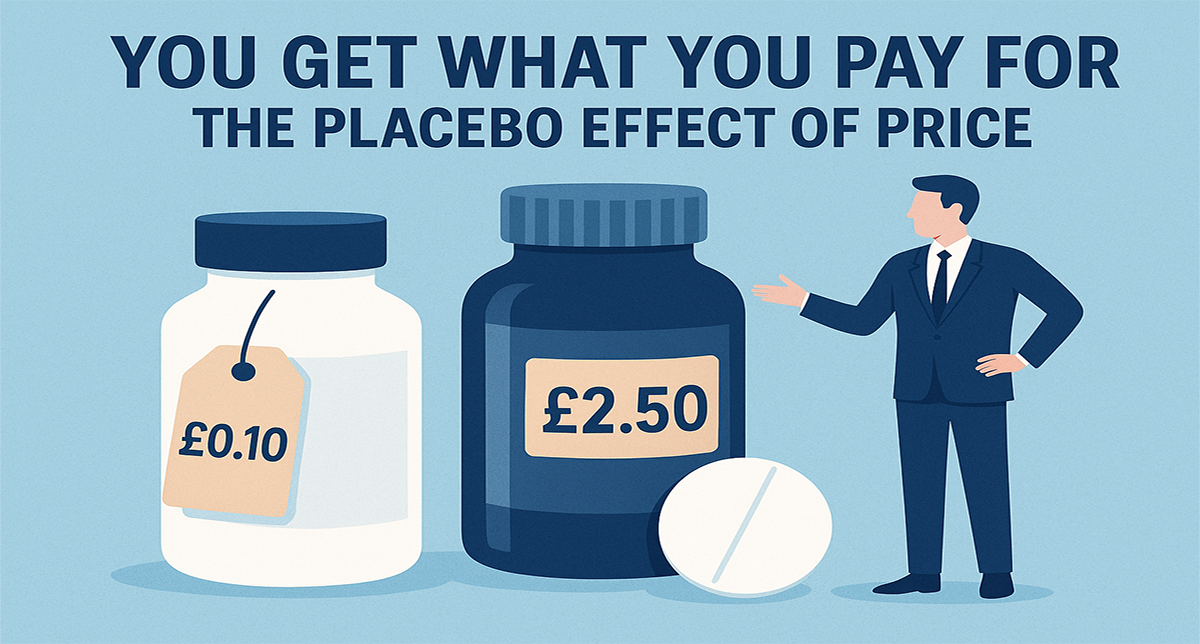1️⃣ Greater Influence on Purchase Decisions
Psychology: Heuristics and cognitive biases Consumers rarely make purely rational decisions; instead, they rely on mental shortcuts to save time and effort, particularly when overwhelmed by choice. Influencing these shortcuts shapes the final outcome.
Business Advantage: Increased conversion in cluttered markets.
Example:
- Booking.com uses scarcity cues (“Only 2 rooms left!”) and social proof (“27 people viewing”) to accelerate decision-making by activating the scarcity bias and herd behaviour.
By designing for instinctive behaviour, brands move customers to action faster.
2️⃣ Stronger Brand Loyalty and Habit Formation
Psychology: Operant conditioning & Emotion-driven memory Rewards and emotional gratification reinforce behaviour, while emotional memory ensures brands remain top-of-mind.
Business Advantage: Lower churn and higher lifetime value.
Example:
- Starbucks Rewards pairs convenience (mobile ordering) with positive reinforcement (personalised perks), forming long-term routines that consumers are reluctant to break.
Habits make competitors irrelevant.
3️⃣ More Effective Pricing and Value Perception
Psychology: Anchoring effect, price relativity & the decoy effect Consumers do not assess prices in isolation, they compare them to contextual anchors, often set by the brand itself.
Business Advantage: Ability to charge premium prices without resistance.
Example:
- Apple positions flagship products as price anchors, making slightly lower-priced models feel more attainable.
- The decoy pricing of cinema popcorn drives upsell to the “better value” large option.
Pricing strategy becomes storytelling about value, not a race to the bottom.
4️⃣ Increased Persuasive Power Through Framing
Psychology: Prospect theory & loss aversion People are more motivated to avoid losses than to pursue equivalent gains. How information is presented changes the emotional response.
Business Advantage: Improved message effectiveness and action uptake.
Example:
- Insurance providers frame communications around protecting assets rather than potential future gain.
- Energy suppliers highlight “overpaying by £200 a year” to drive switching.
What you say matters, but how you frame it matters more.
5️⃣ Simplified Customer Journeys that Reduce Drop-Off
Psychology: Cognitive load theory & choice overload Too much complexity creates anxiety and decision paralysis. Reducing friction boosts action.
Business Advantage: Higher conversion rates and greater customer satisfaction.
Example:
- Netflix and Spotify use AI recommendation engines to cut choice overload, enabling quick and confident decisions.
Every unnecessary click is lost revenue.
6️⃣ Faster Growth through Social Identity and Community Dynamics
Psychology: Social identity theory, conformity & cultural signalling People choose brands that reinforce who they are, or who they aspire to be.
Business Advantage: Organic advocacy and cultural relevance.
Example:
- Nike connects users with athletes and influencers, making product adoption a statement of belonging and ambition.
Consumers don’t just buy brands, they join them.
7️⃣ Enhanced Trust and Risk Reduction
Psychology: Authority bias & social proof mechanisms When decisions feel risky, people copy the behaviour of trusted others or defer to perceived experts.
Business Advantage: Faster trust-building, especially for challenger brands.
Example:
- Amazon uses verified buyer reviews and “best seller” badges to reassure buyers at the point of consideration.
Trust shortcuts lower the emotional barriers to purchase.
8️⃣ Optimised Product Engagement through Behavioural Design
Psychology: Habit loops & variable reinforcement Small, regular dopamine-triggering rewards build ongoing engagement and reduce abandonment.
Business Advantage: Increased retention and repeat usage.
Example:
- Duolingo streaks and unpredictable rewards exploit the motivational power of variable reinforcement, the same psychological mechanism behind slot machines.
If you shape the behaviour, you shape the business outcome.
9️⃣ Highly Relevant Personalisation that Drives Response
Psychology: Self-reference effect & identity relevance Consumers pay more attention to information connected to themselves and their goals.
Business Advantage: Higher impact marketing and superior customer relationships.
Example:
- Coca-Cola’s “Share a Coke” put consumers’ own names on packaging, making the brand a vehicle for personal emotional connection.
Personal relevance makes messages impossible to ignore.
🔟 Greater Predictive Power and Strategic Foresight
Psychology: Behavioural segmentation & predictive analytics Future behaviour can be forecasted from patterns such as purchasing frequency or life-stage cues.
Business Advantage: A proactive, anticipatory model of marketing.
Example:
- Target used subtle buying signals (unscented lotion, vitamins) to predict pregnancy before competitors, tailoring offers to upcoming needs.
Knowing what customers will do tomorrow allows you to win today.
✅ Final Editorial Note
Businesses that ignore consumer psychology operate blind to the true drivers of human choice. Those that embrace it engineer their growth with scientific precision.
Consumer psychology does not merely explain what people do — it gives brands the power to influence what they will do next.






